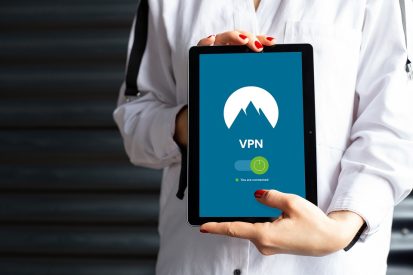
When it comes to the internet, most of us are familiar with the surface web – the digital space that encompasses websites, search engines, and online platforms that are easily accessible through mainstream browsers. However, there exists a hidden realm known as the dark web, a part of the internet that is not indexed by traditional search engines and requires special tools to access. In this article, we will explore the dark web, its implications, and what you should know about the hidden internet.
The Dark Web
The dark web is a subset of the deep web, which refers to any part of the internet that is not indexed by standard search engines. The dark web is accessed using specialized software, such as The Onion Router (Tor), which allows users to browse anonymously and access websites with .onion domains. These websites may offer a wide range of content, including forums, marketplaces, and even illicit activities.
Implications of the Dark Web
While the dark web offers a level of anonymity and privacy that is attractive to some users, it also has a darker side. The hidden nature of these websites makes them a breeding ground for illegal activities, such as the sale of drugs, weapons, and stolen data. Additionally, the dark web is known to harbor illicit services, such as hacking and cybercrime forums, as well as disturbing content that is not suitable for mainstream consumption.
What You Need to Know
If you are considering exploring the dark web, there are several important factors to keep in mind. First and foremost, accessing the dark web comes with inherent risks, as the anonymity it provides can also make users vulnerable to scams, malware, and other cyber threats. It is crucial to exercise caution and take steps to protect your identity and digital security.
Furthermore, it is important to understand that the dark web is not all about illicit activities. There are legitimate and valuable resources available, such as whistleblower platforms, privacy-focused communication tools, and forums for marginalized communities. However, these resources should still be approached with caution and discernment.
Conclusion
Exploring the dark web can be an intriguing but risky endeavor. While it offers a level of anonymity and access to certain resources that are not available on the surface web, it also presents significant dangers and ethical considerations. If you choose to venture into the hidden internet, it is essential to prioritize your safety and security, and always approach the content you encounter with critical thinking.
FAQs
Q: Is it illegal to access the dark web?
A: No, accessing the dark web itself is not illegal. However, engaging in illegal activities on the dark web, such as purchasing illicit goods or services, is a crime.
Q: Can I stay completely anonymous on the dark web?
A: While Tor and other anonymity tools provide a level of privacy, it is still possible for your identity to be compromised through various means. It is important to take precautions and understand the potential risks.
Q: Are there any legitimate reasons to use the dark web?
A: Yes, there are legitimate uses for the dark web, such as accessing whistleblower platforms, communicating securely, and accessing content that may be censored or restricted on the surface web.
Q: What can I do to protect myself on the dark web?
A: Use reputable privacy tools, such as the Tor browser, employ strong security practices, and be cautious about the websites you visit and the content you engage with.



